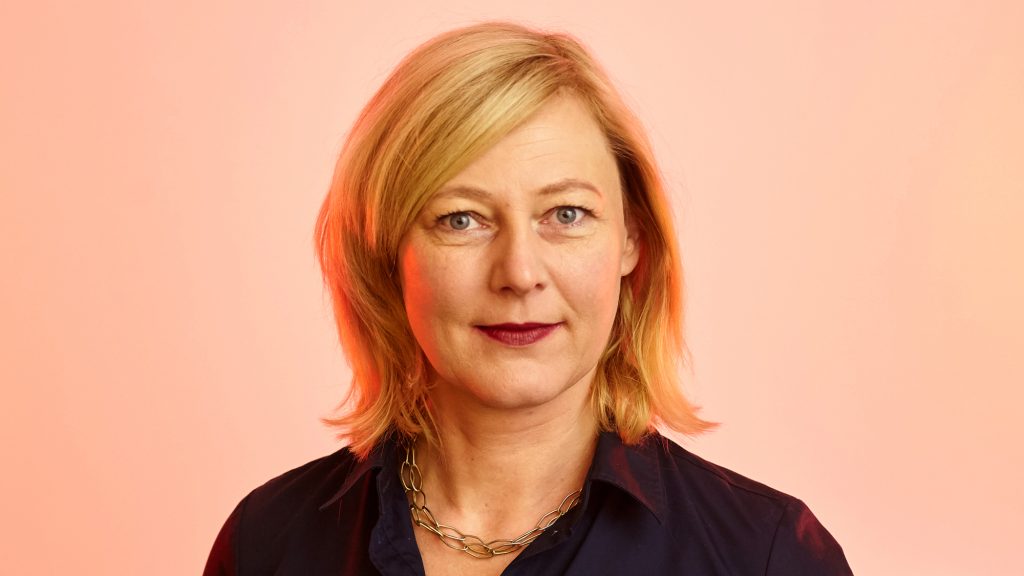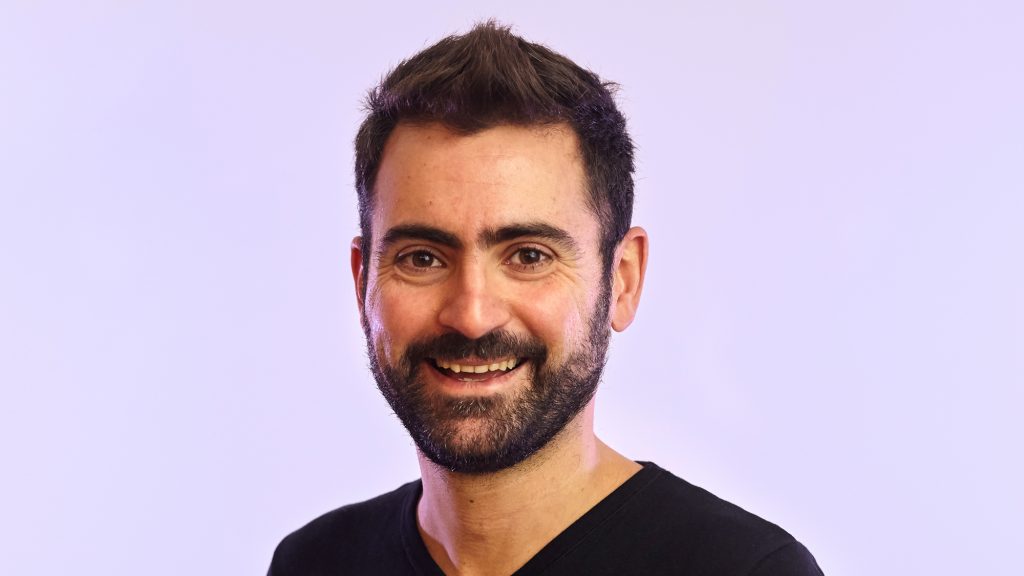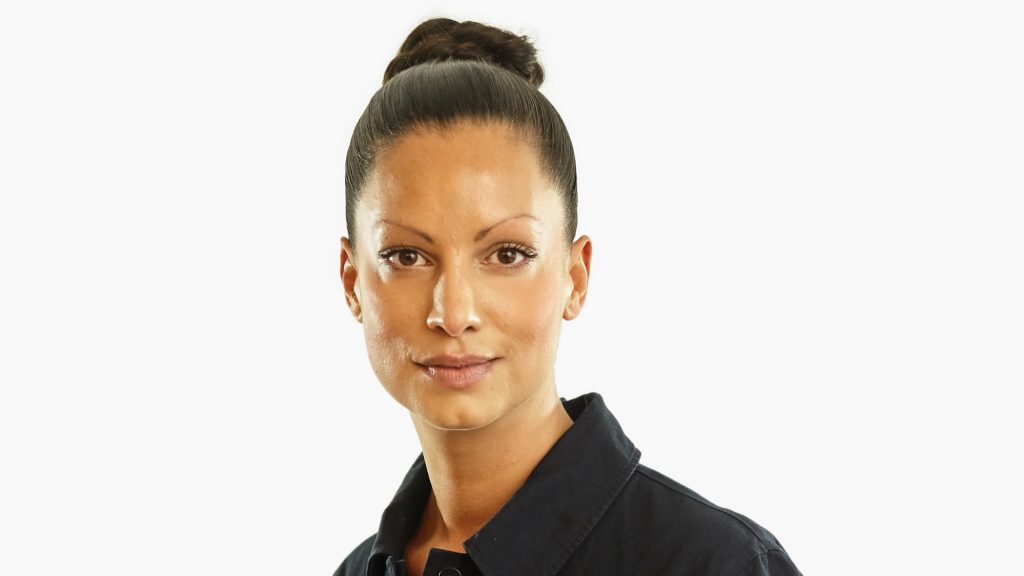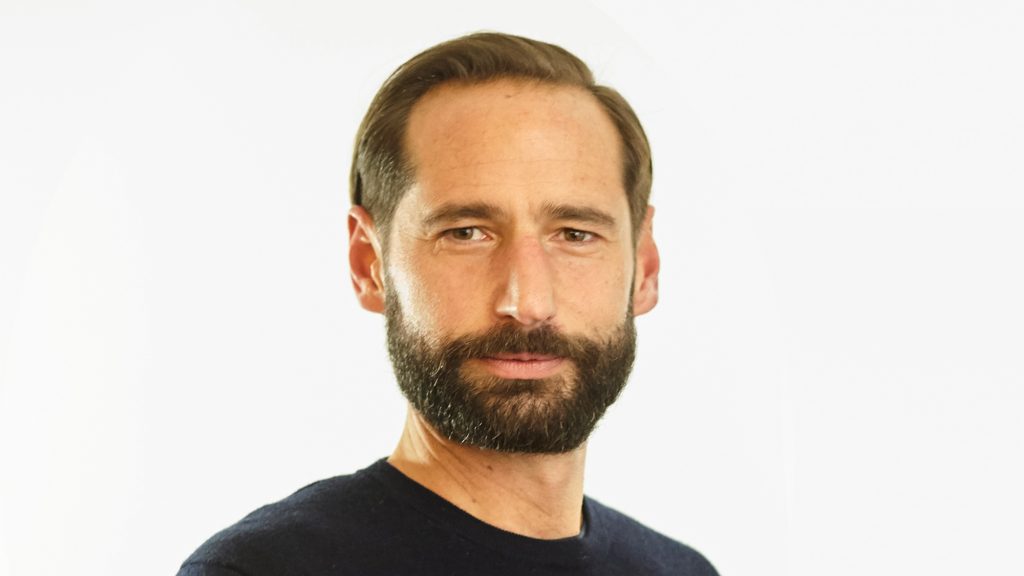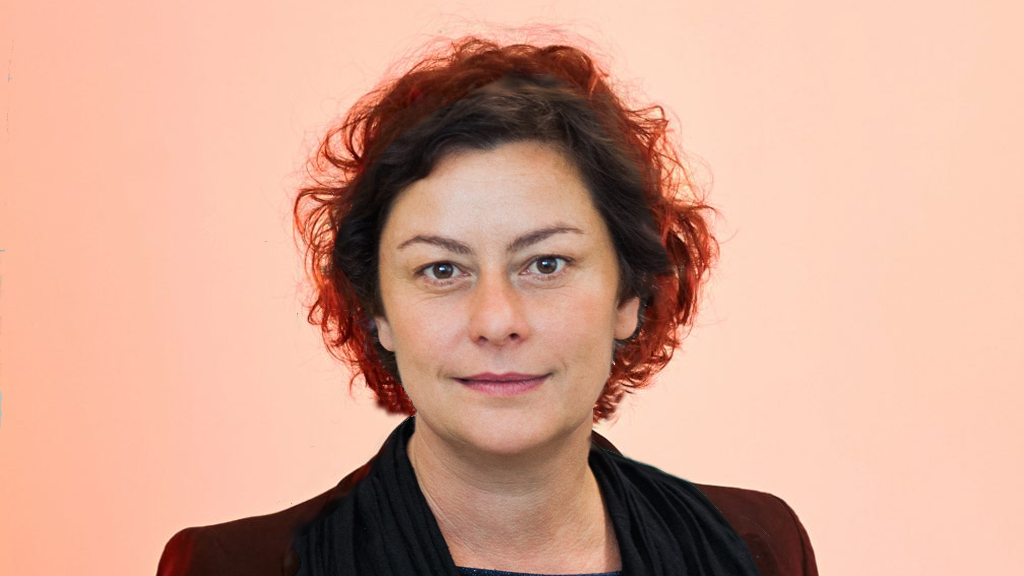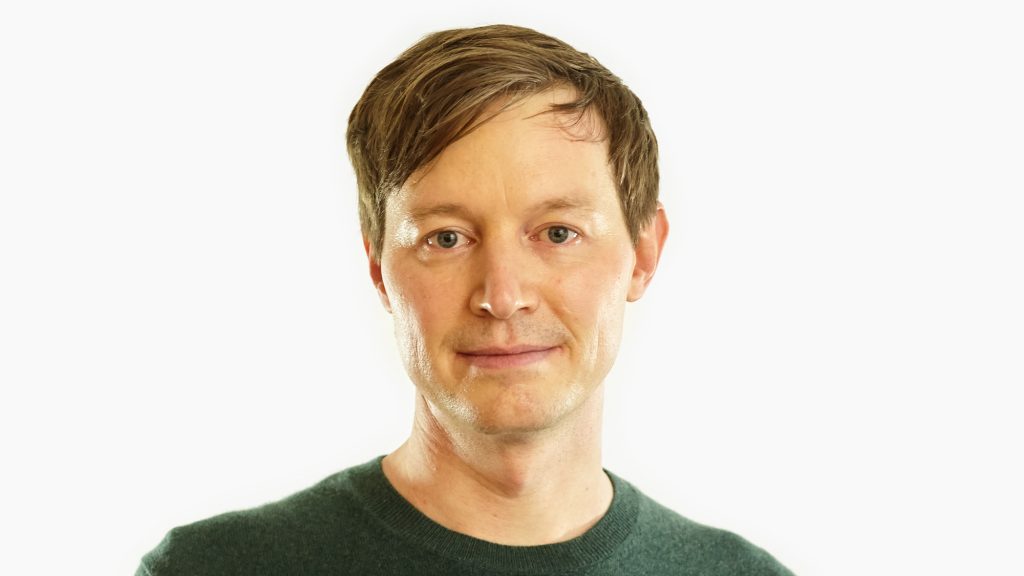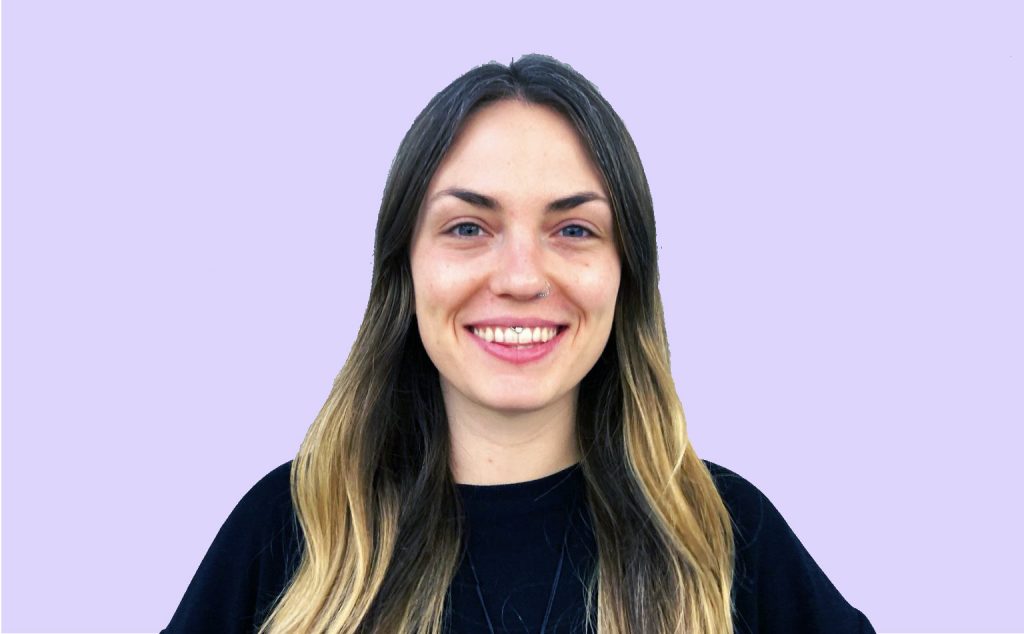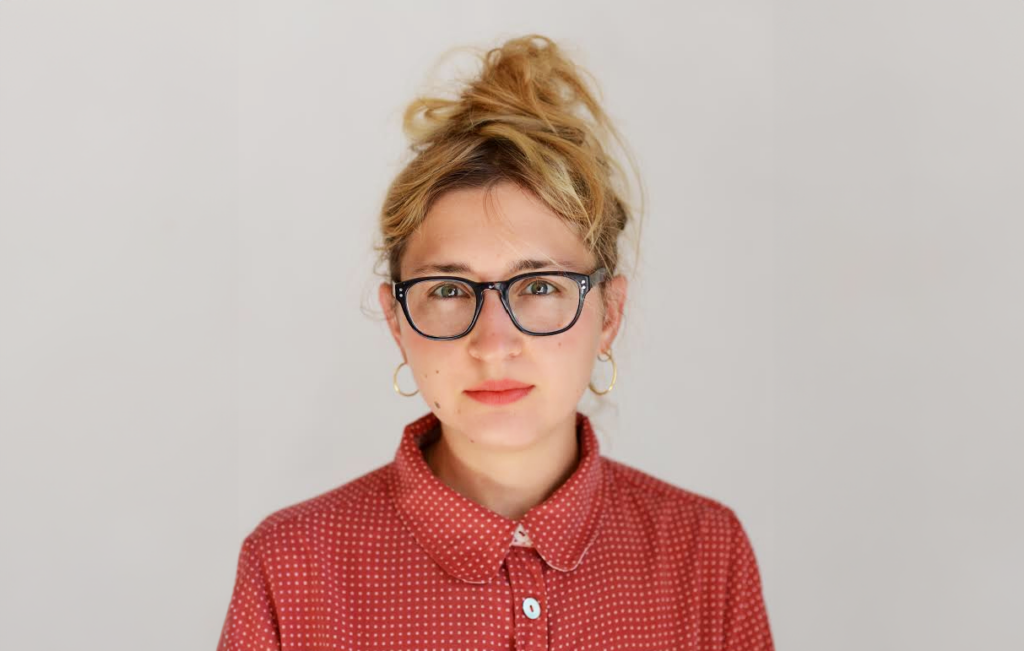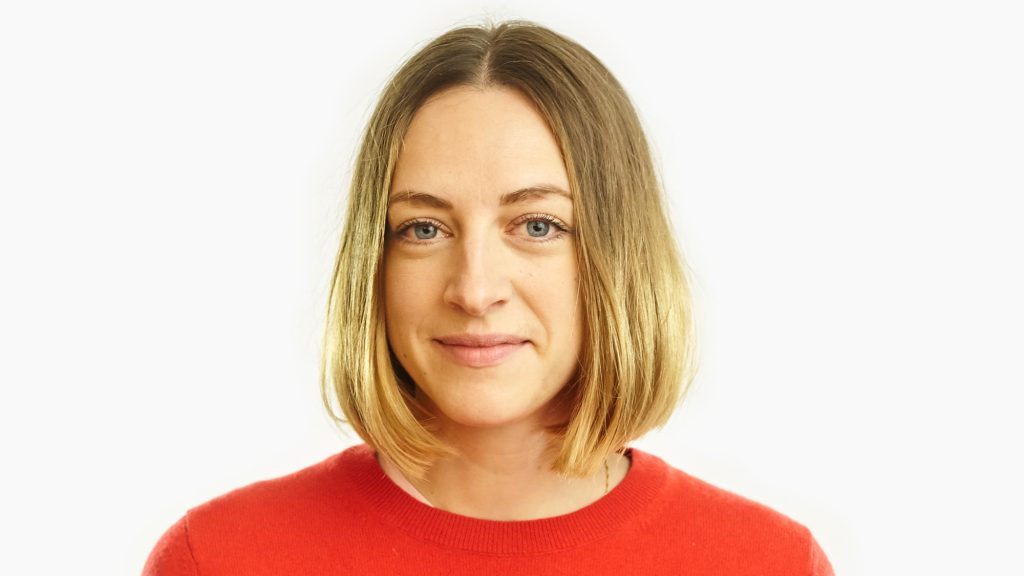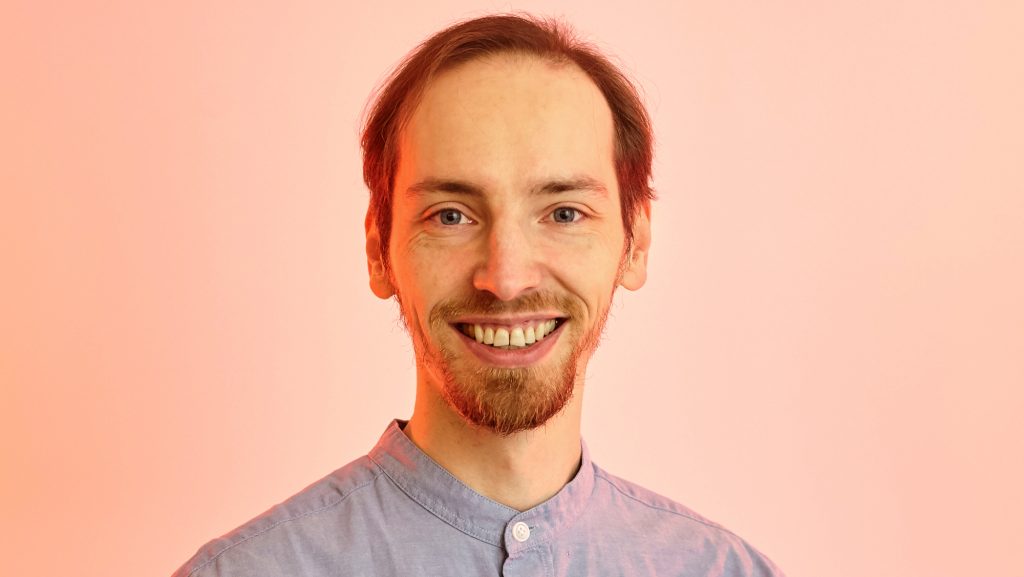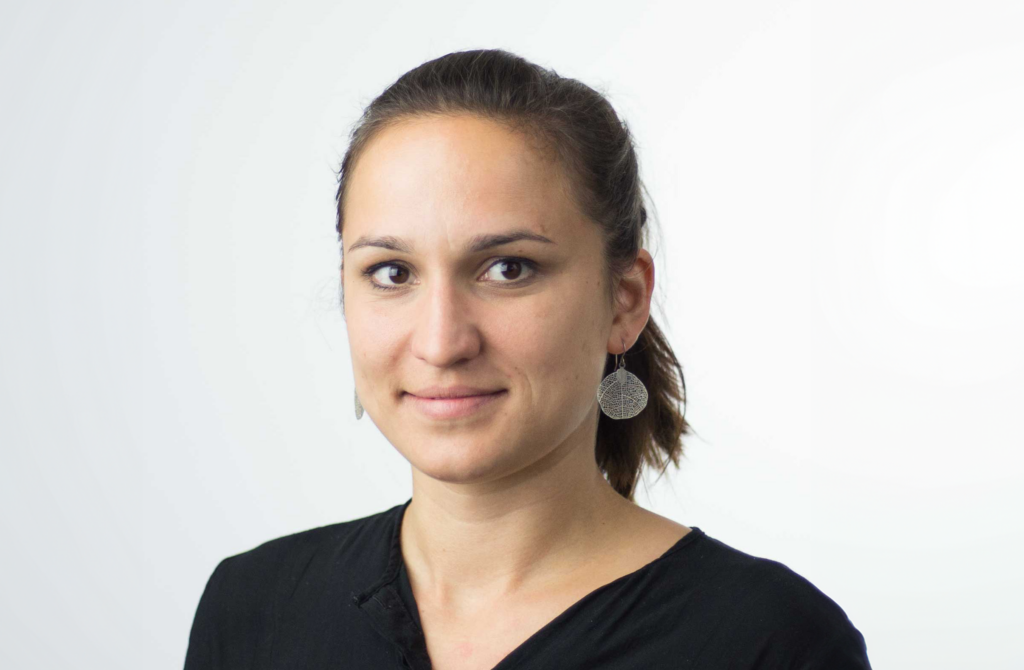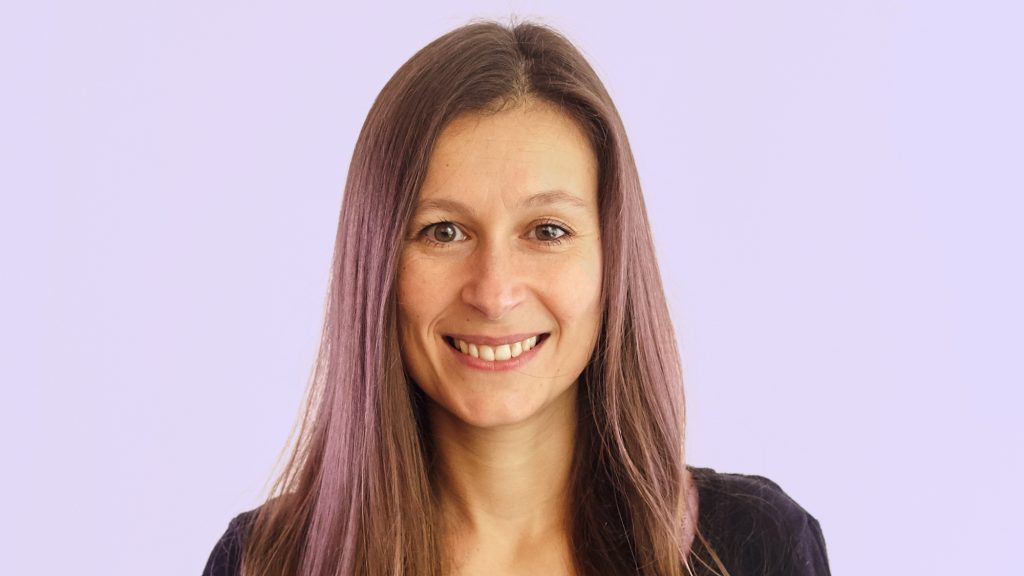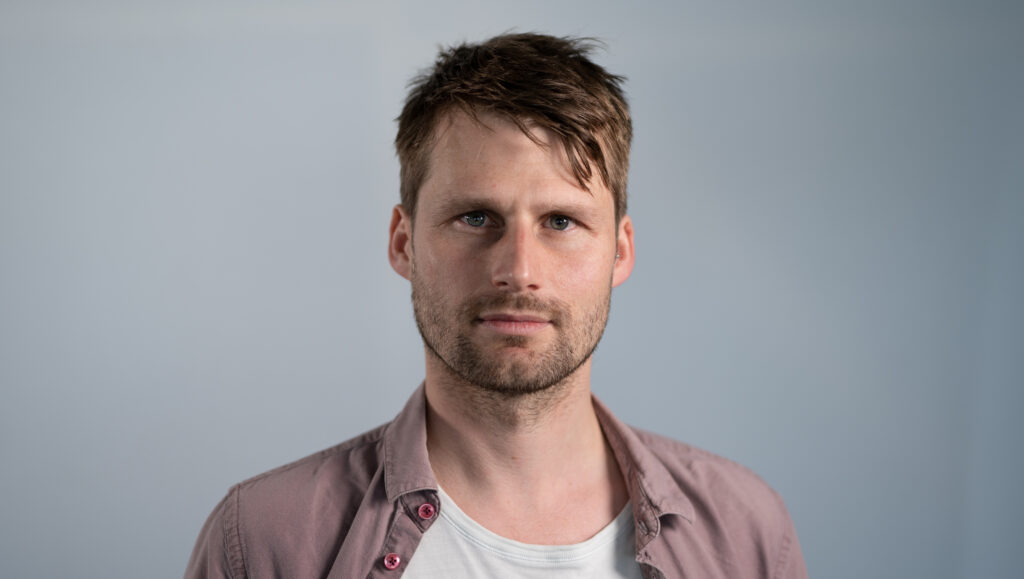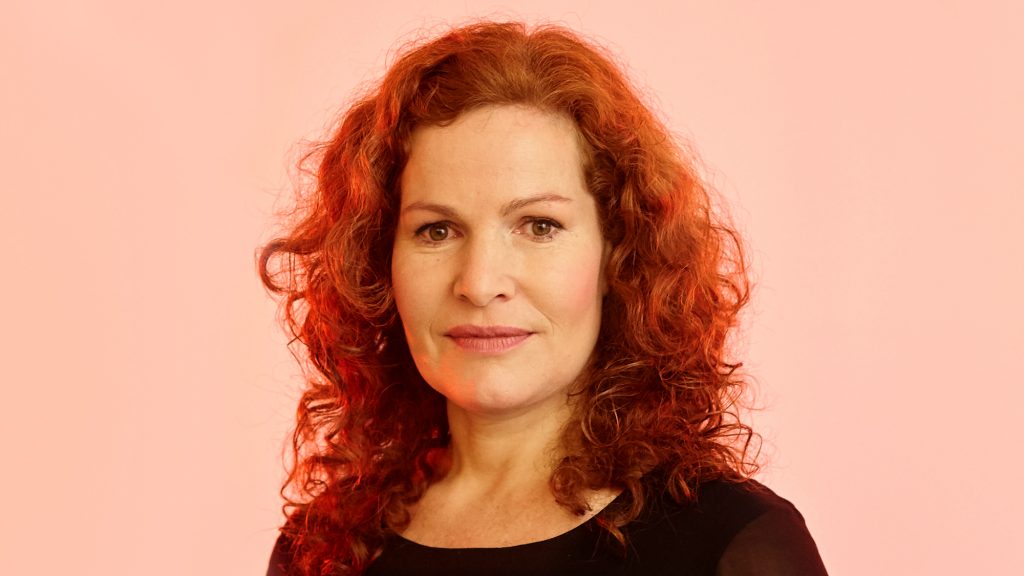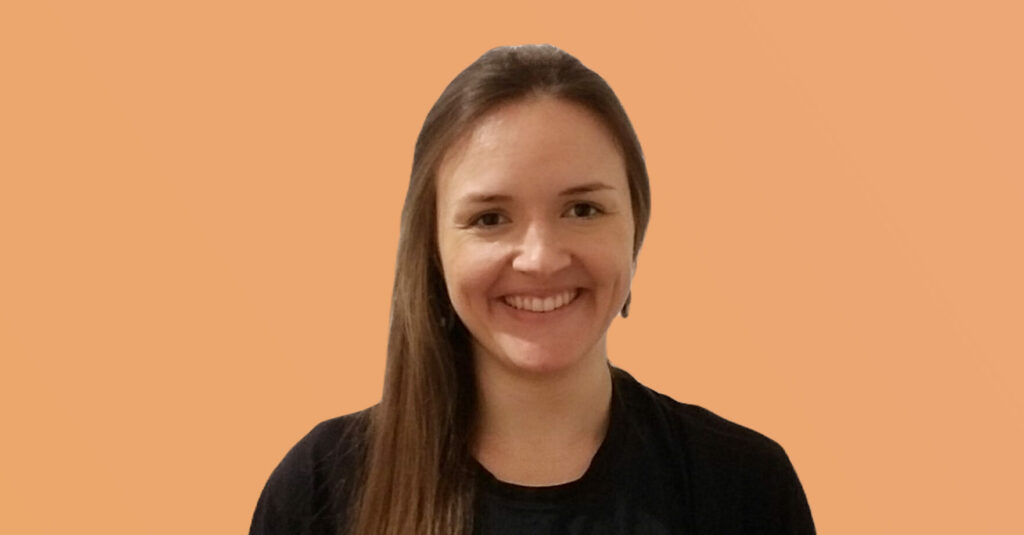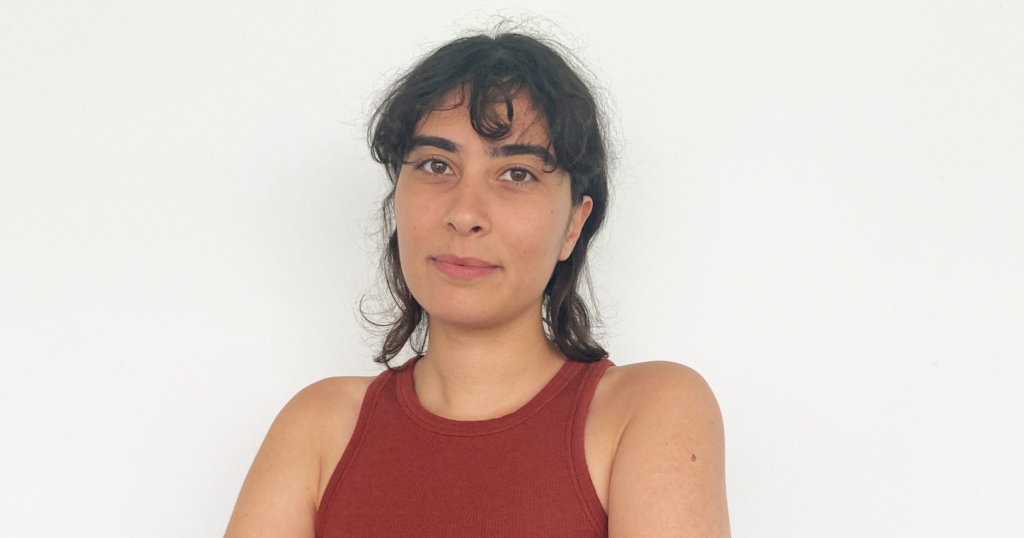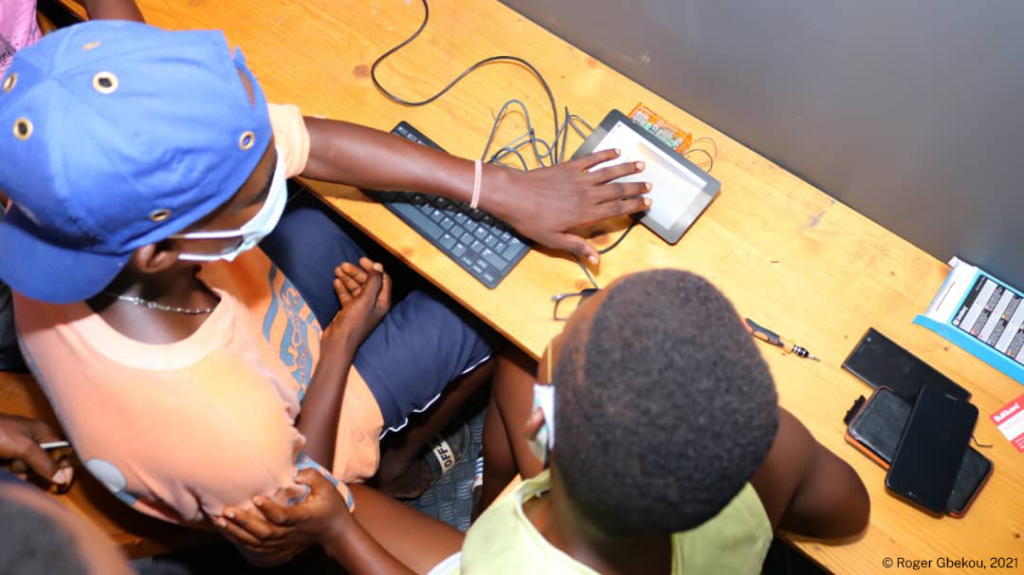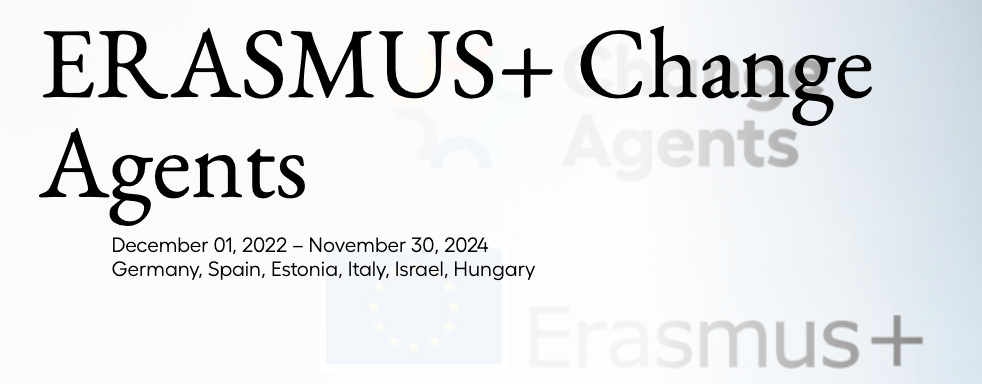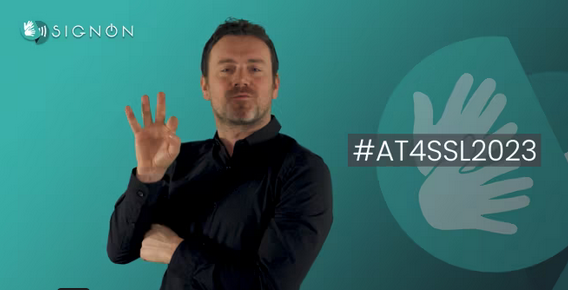2nd International Workshop on Automatic Translation for Signed and Spoken Languages (AT4SSL2023)
The second edition of the AT4SSL aims to be a venue for presenting and discussing (complete, ongoing or future) research on automatic translation between sign and spoken languages and bring together researchers, practitioners, interpreters and innovators working in related fields.
The AT4SSL workshop aims to open a (guided) discussion between participants about current challenges, innovations and future developments related to the automatic translation between sign and spoken languages. To this extent, AT4SSL will host a moderated round table around the following three topics: (i) quality of recognition and synthesis models and user-expectations; (ii) co-creation – deaf, hearing and hard-of-hearing people joining forces towards a common goal and (iii) sign-to-spoken and spoken-to-sign translation technology in media.
THEME
Data is one of the key factors for the success of today’s AI, including language and translation models for sign and spoken languages. However, when it comes to SL, MT and Natural Language Processing, we face problems related to small volumes of (parallel) data, low veracity in terms of origin of annotations (deaf or hearing interpreters), non-standardized annotations (e.g. glosses differ across corpora), video quality or recording setting, and others.
The theme of this edition of the workshop is Sign language parallel data – challenges, solutions and resolutions.
ORGANISATION COMMITTEE:
- Dimitar Shterionov (TiU)
- Mirella De Sisto (TiU)
- Mathias Muller (UZH)
- Davy Van Landuyt (EUD)
- Rehana Omardeen (EUD)
- Shaun O’Boyle (DCU)
- Annelies Braffort (Paris-Saclay University)
- Floris Roelofsen (UvA)
- Frédéric Blain (TiU)
- Bram Vanroy (KU Leuven; UGent)
- Eleftherios Avramidis (DFKI)

